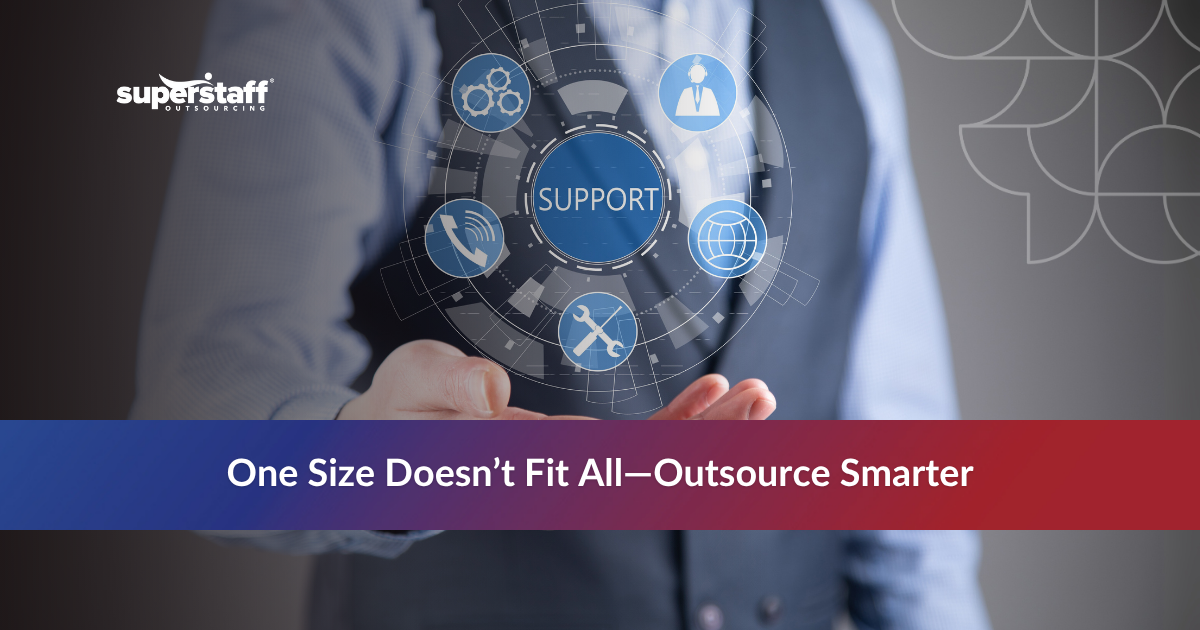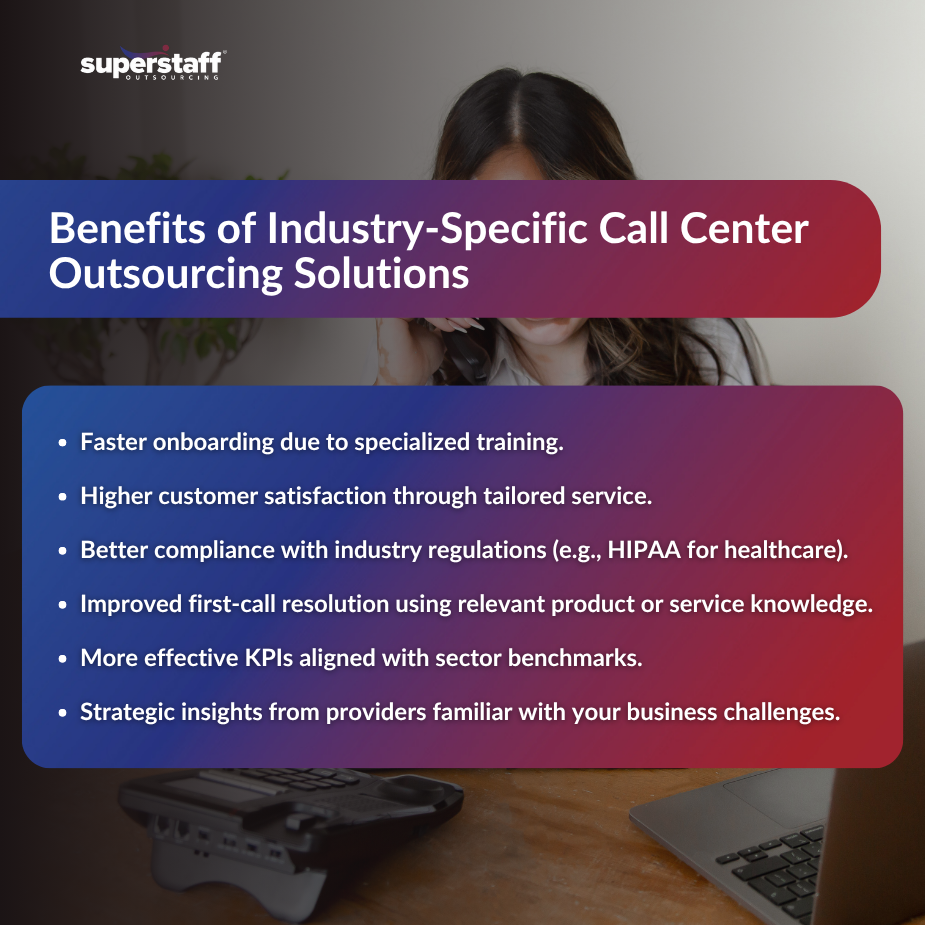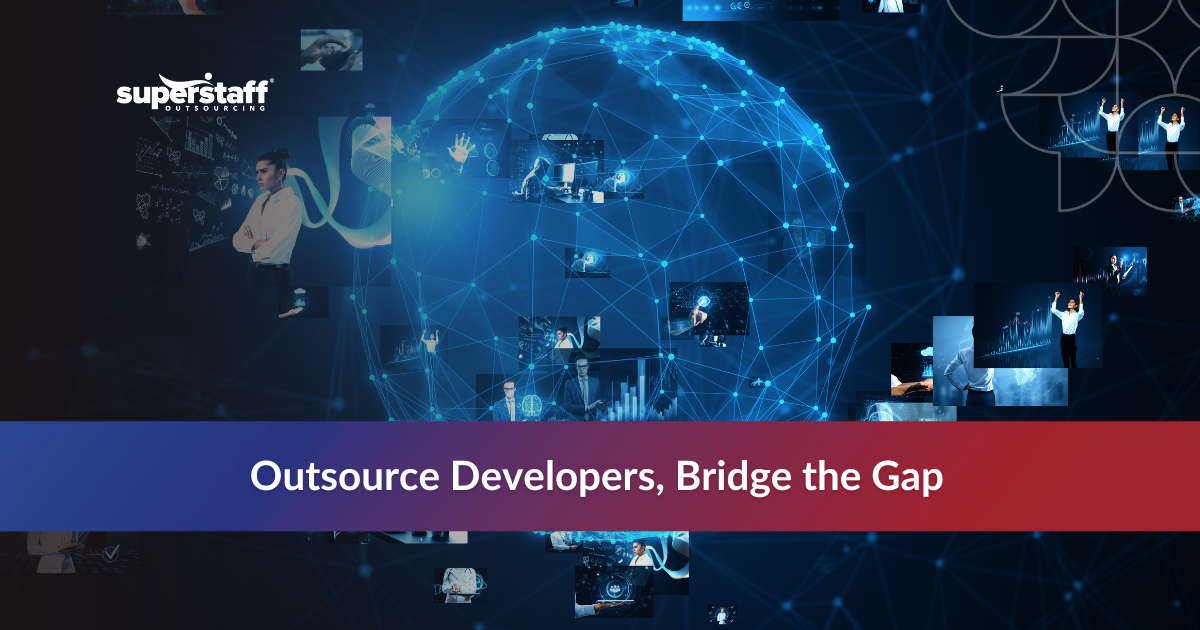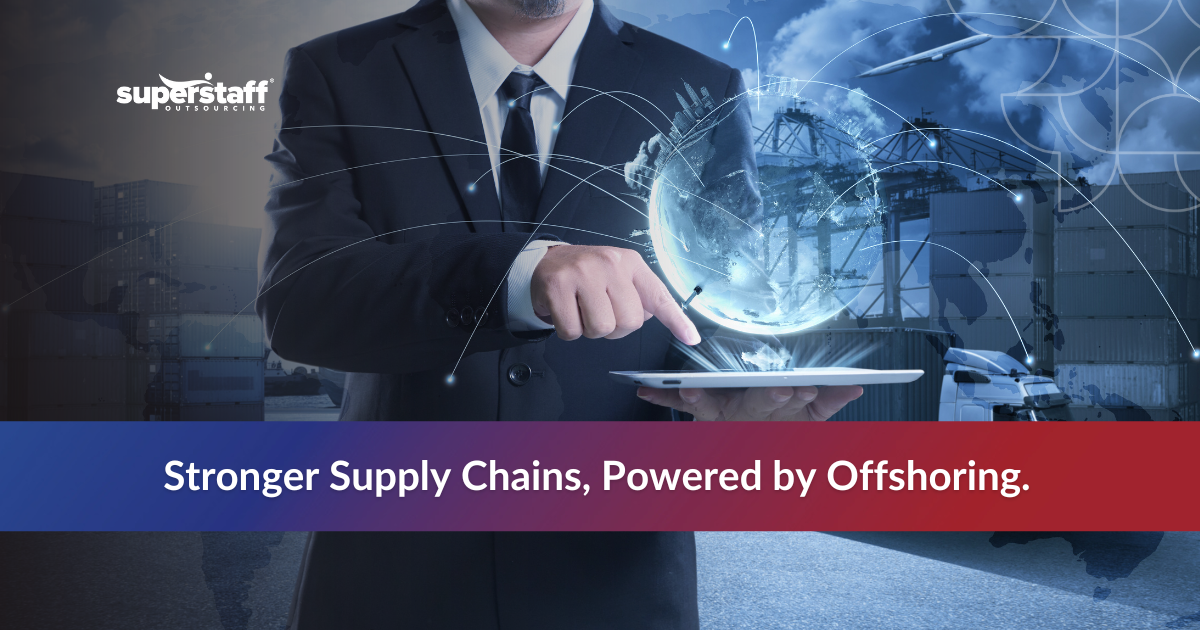
Not all call center outsourcing solutions are created equal—and that’s exactly why industry-specific support matters more than ever.
Whether you’re in retail, healthcare, or tech, your customers expect more than just answers—they expect seamless service experiences tailored to their needs. But what works for an online shopper navigating a return isn’t the same as what a patient needs when confirming a medical appointment or what a user requires when troubleshooting software.
Each industry brings its own set of priorities, from compliance and confidentiality to technical expertise and high-volume scalability. That’s where specialized outsourcing providers stand out.
By delivering customized solutions based on your industry’s unique demands, they empower businesses to deliver consistent, high-quality support—without stretching internal teams thin. In this blog, we’ll explore how industry-aligned outsourcing can help you elevate customer service while maintaining control, quality, and flexibility.
Retail Call Center Outsourcing Must Deliver Speed, Consistency, and Multichannel Availability
Retail is fast-paced by nature. Customers shop around the clock, especially during high-stakes periods like Black Friday or holiday sales. That’s why the best retail call center outsourcing solutions for seasonal spikes are built for agility and scale. Retail brands require 24/7 availability and omnichannel support—including live chat, email, social media, and SMS—to meet modern consumer demands.
Live chat agents play a crucial role in cart abandonment recovery, offering real-time assistance that turns hesitations into conversions. Upselling and cross-selling also require trained agents who understand product catalogs and customer buying behavior. Meanwhile, support teams must handle returns, refunds, and order tracking quickly and empathetically to preserve brand loyalty.
During peak or holiday seasons, outsourcing becomes a lifeline. It enables businesses to scale staffing levels on demand, ensuring no message goes unanswered. In short, speed, consistency, and multichannel capability are non-negotiable.
While retail focuses on volume and speed, healthcare contact centers must be built around trust, compliance, and care.
Healthcare Call Center Outsourcing Demands Regulatory Expertise and Empathetic, Patient-First Communication
Healthcare is one of the most sensitive and highly regulated industries when it comes to customer communication. That’s why healthcare call center outsourcing solutions must be built on a foundation of trust and compliance. At the core is HIPAA—the federal standard for protecting patient information—which requires secure systems and certified staff.
The best cost-effective healthcare call center outsourcing with HIPAA compliance includes agents trained to handle sensitive patient data, claims processing, appointment scheduling, insurance verification, and post-discharge coordination. These agents not only need technical training, but also the soft skills to deliver compassionate, clear, and professional communication.
Additionally, outsourcing providers serving healthcare clients must invest in secure infrastructure—from encrypted data environments to compliant call recordings. With patient well-being on the line, every call counts.
Tech support outsourcing, on the other hand, centers around expertise, product knowledge, and SLA-driven performance.

Tech Companies Require Call Center Agents With Deep Product Knowledge and Strong Problem-Solving Skills
For tech companies, especially those offering SaaS products, the bar for support is higher. Customers expect agents to understand the product as well as the developers do. As such, technical support call center outsourcing must focus on depth, not just breadth.
High-performing tech call center outsourcing for SaaS product support includes tiered support levels (L1-L3), robust knowledge base integration, and hands-on troubleshooting. Whether it’s a software bug, a setup walkthrough, or a system crash, agents must diagnose issues quickly and relay solutions clearly.
Technical onboarding support also plays a major role. New users benefit from guided setup, while experienced users need fast-track access to advanced configurations. Behind the scenes, seamless integration with ticketing systems, CRMs, and escalation workflows is essential for operational efficiency.
In tech, speed matters, but accuracy matters more. Outsourced agents should function as product experts, not just generic support reps.
With these differences, a one-size-fits-all outsourcing model no longer works for businesses trying to scale smartly.
Outsourcing Providers That Offer Industry-Specific Expertise Provide a Strategic Advantage
Generic call center outsourcing solutions might get you started, but they won’t take you far. Industry-specific outsourcing providers help reduce ramp-up times, ensure compliance, and drive measurable business results. From training to performance measurement, everything must be aligned with sector expectations.
Specialized training programs ensure that agents are fluent in the language, terminology, and workflows of your industry. For example, retail agents may be trained in POS systems and upselling tactics, while healthcare agents must understand medical terminology and privacy protocols. Tech support agents, meanwhile, require ongoing product immersion.
Custom KPIs also matter. A healthcare client may track first-call resolution alongside compliance accuracy, while a tech company might measure CSAT scores against ticket volume and resolution time.
Here’s an example: One retail client partnered with a BPO company to scale their live chat operations during the holiday season. The result? A 30% decrease in cart abandonment rates thanks to proactive engagement and around-the-clock availability.
Understanding these distinctions can help businesses select the right outsourcing partner.
Choosing the Right BPO Depends on Alignment With Industry Standards, Not Just Cost Savings
Price matters, but it’s not the only metric that defines value. The right call center outsourcing solutions partner brings a blend of cost-efficiency, operational alignment, and strategic input.
When evaluating providers, ask for success stories within your industry. Have they supported a healthcare provider through a compliance audit? Have they helped a SaaS startup scale post-product launch? Have they managed seasonal surges for a national retailer?
Dig into training protocols. Are agents trained in your systems? Do they receive ongoing development? What certifications do they hold?
Also, assess their tech stack. Can they integrate with your CRM, EHR, or helpdesk software? Do they offer real-time reporting and analytics?
Finally, look for providers who function as partners, not just vendors. Strategic collaboration—from CX planning to feedback loops—separates the best from the rest.
Let’s summarize the key takeaways for businesses evaluating industry-specific outsourcing strategies.
Looking for Industry-Specific Call Center Outsourcing Solutions? SuperStaff Is Your Best Bet!
Call center outsourcing is most effective when tailored to the distinct needs of each industry.
Retail needs speed, multichannel scalability, and sales fluency. Healthcare requires compliance, empathy, and secure data handling. Tech companies demand knowledgeable agents, seamless integration, and SLA-based performance.
In short: Industry-specific solutions lead to faster onboarding, higher CSAT, and long-term success.
Ready to explore tailored call center outsourcing solutions for your business? Talk to SuperStaff to see how we align our outsourcing expertise with your industry’s unique needs. Let’s build a support strategy that works—because your customers deserve more than one-size-fits-all service.






